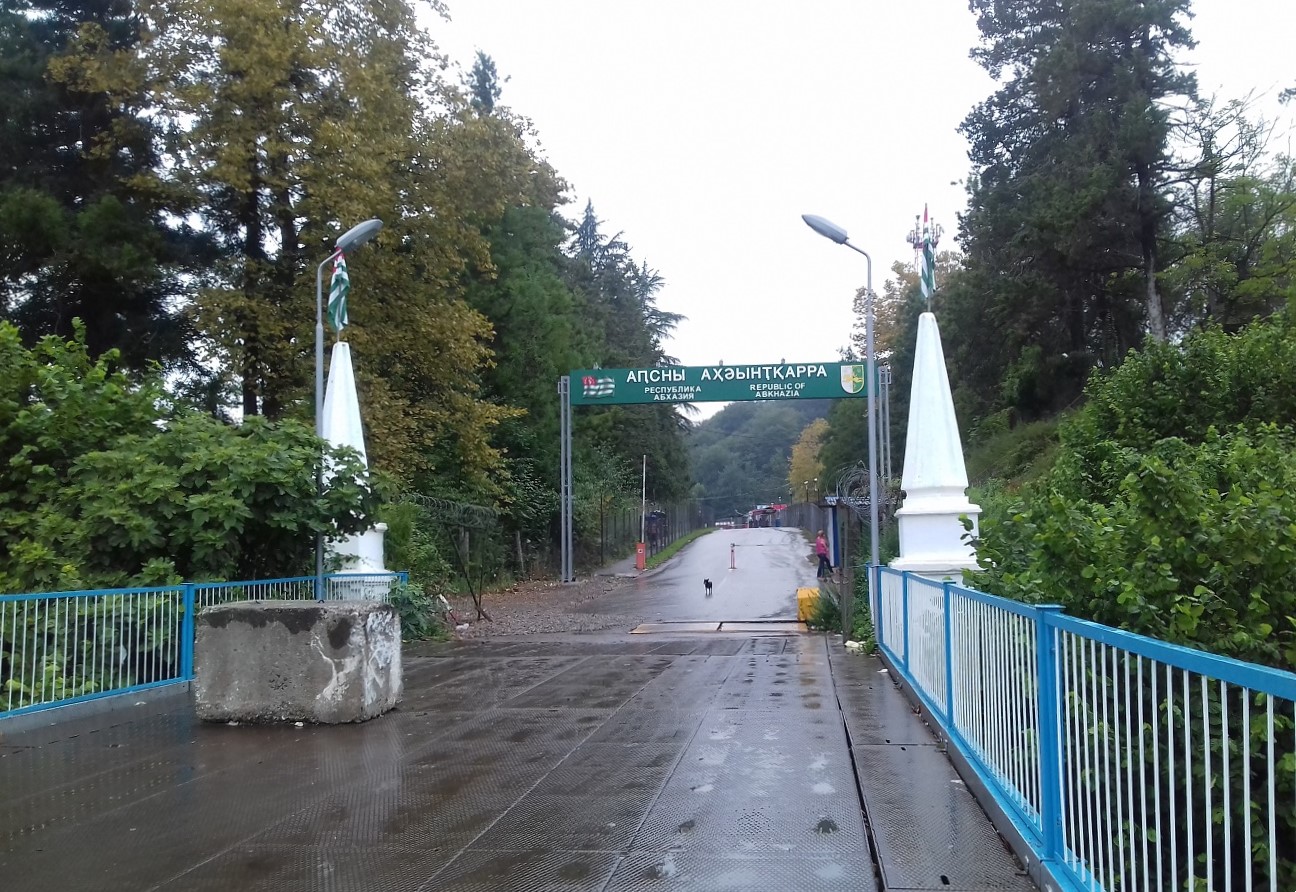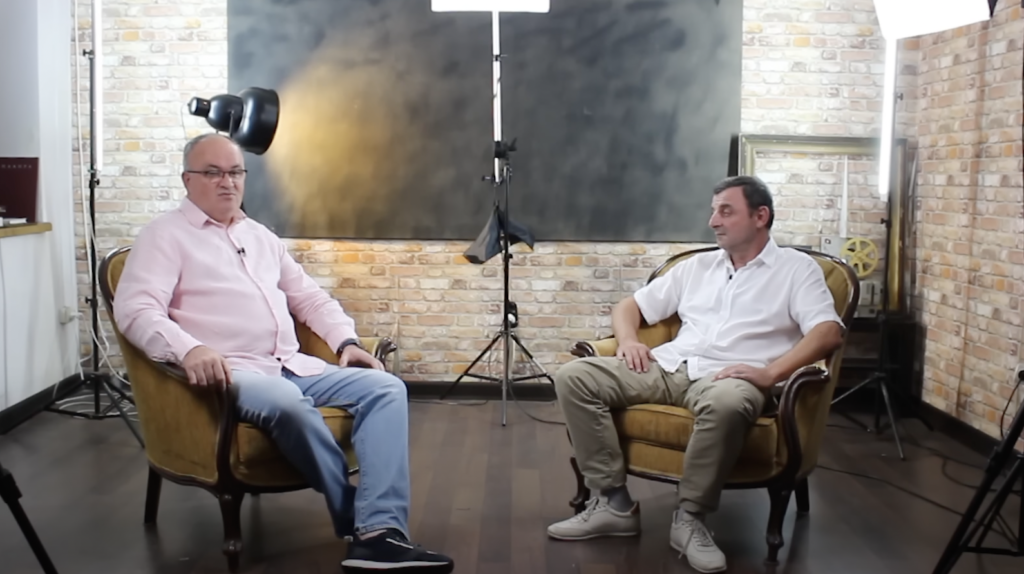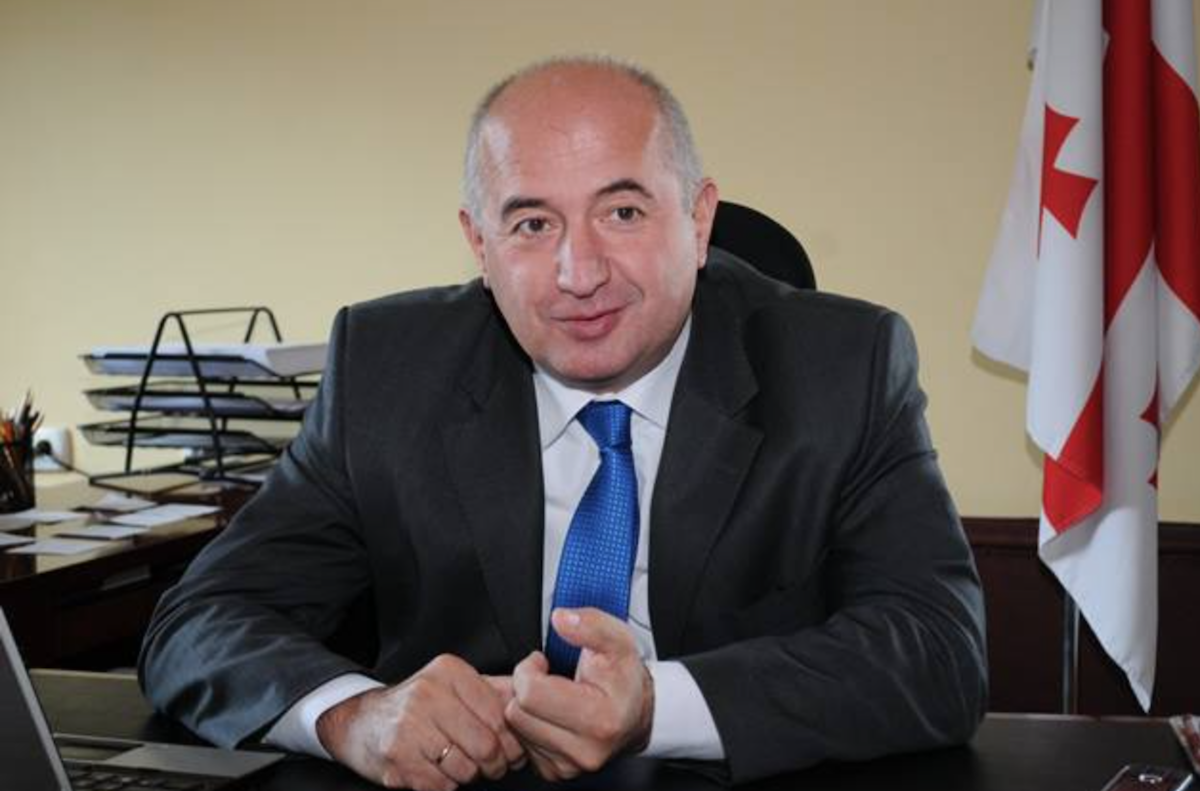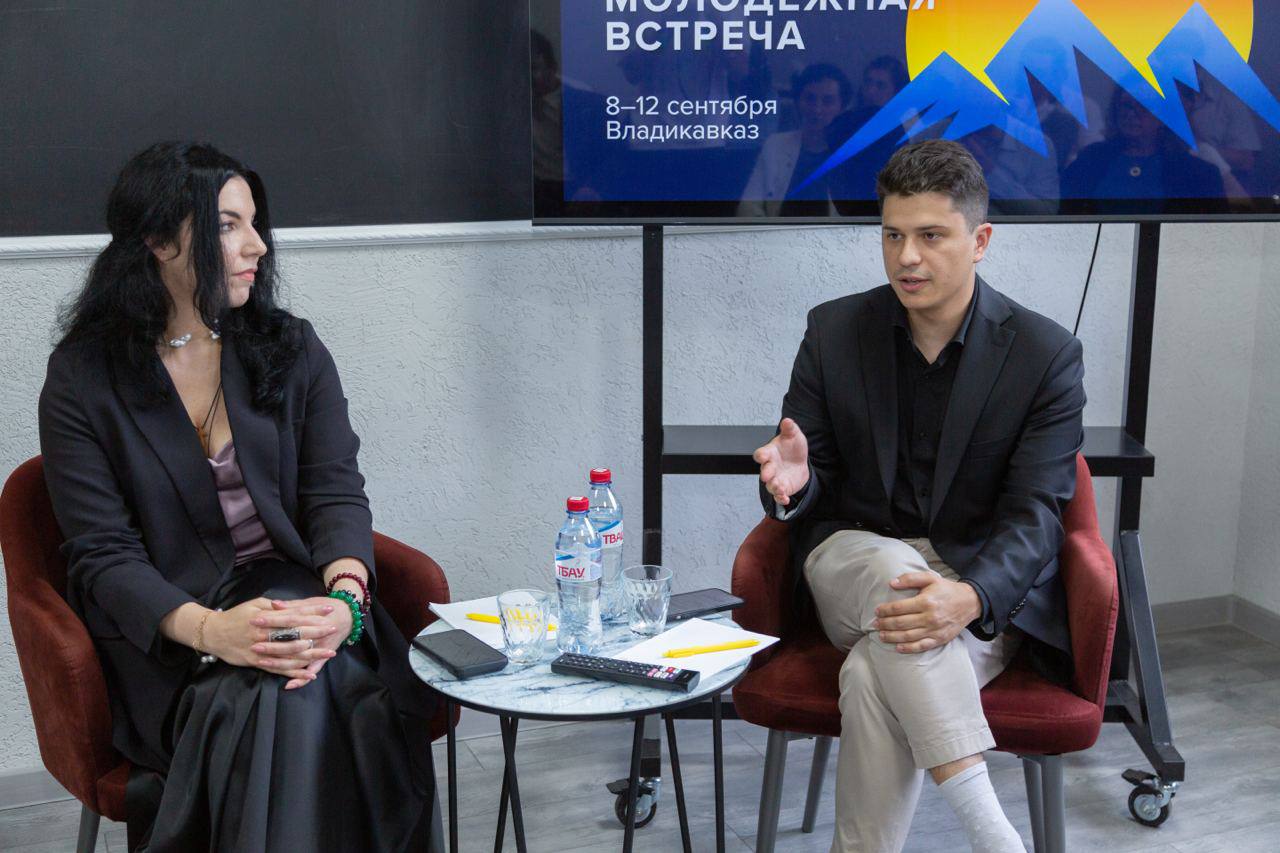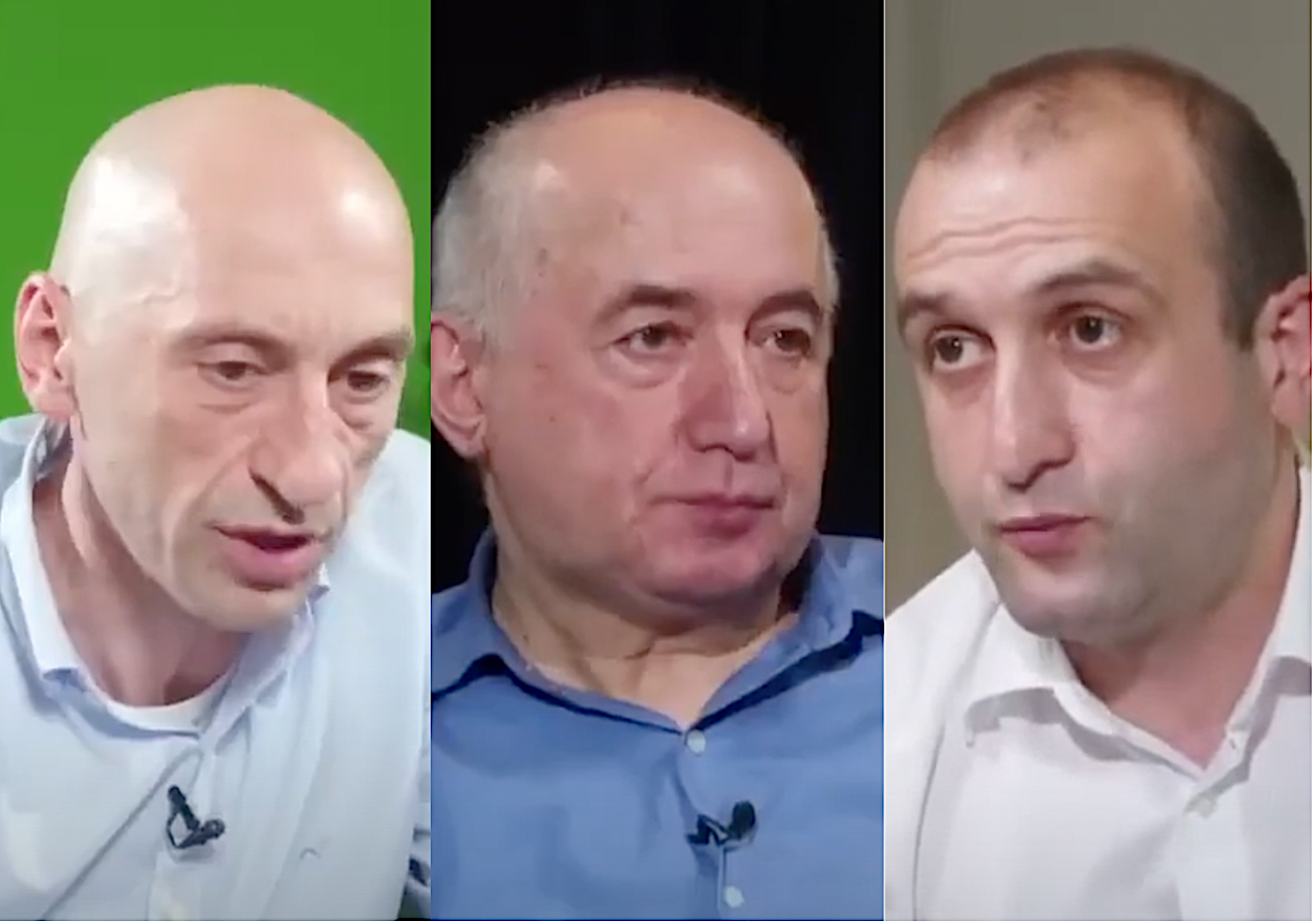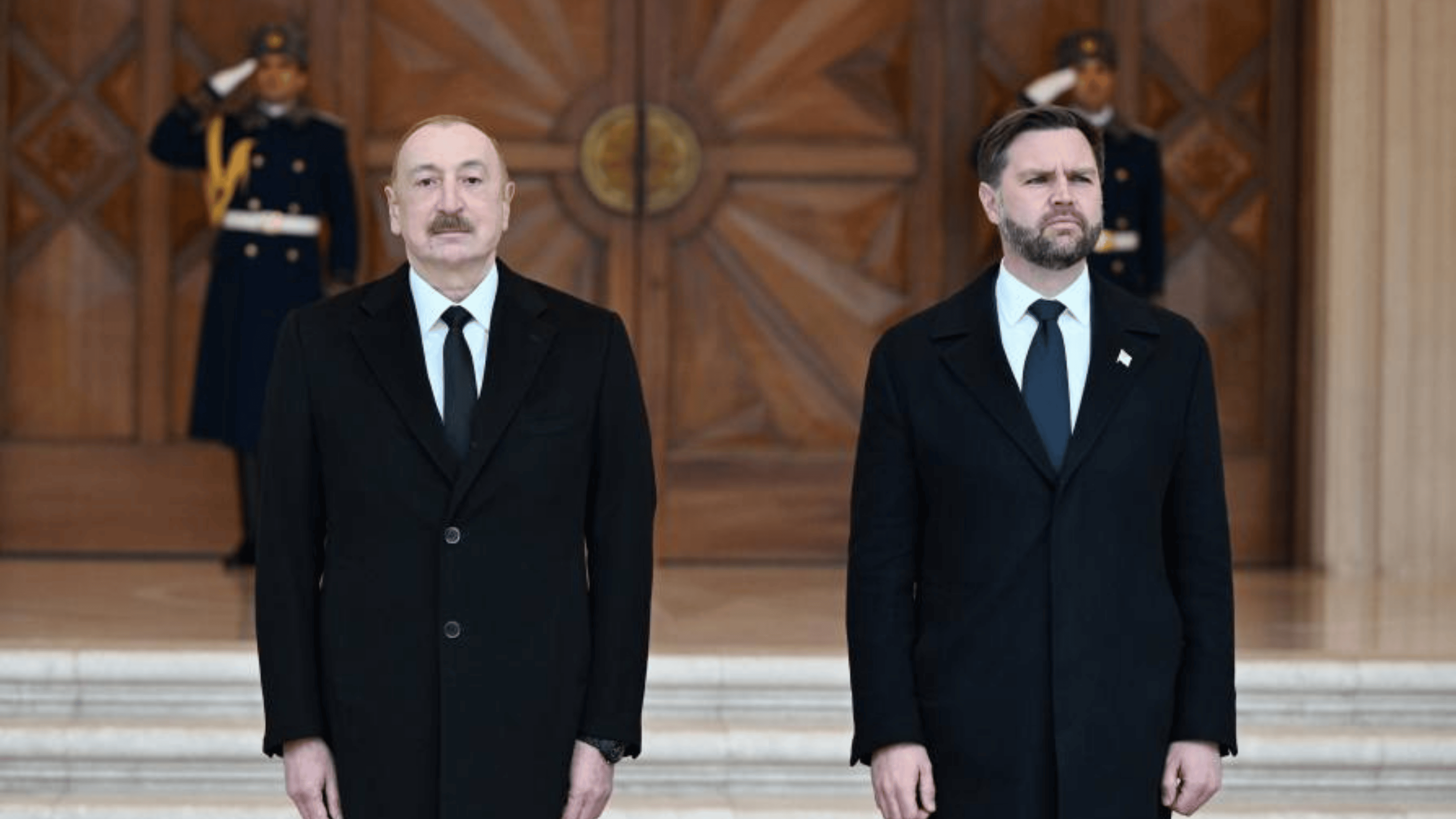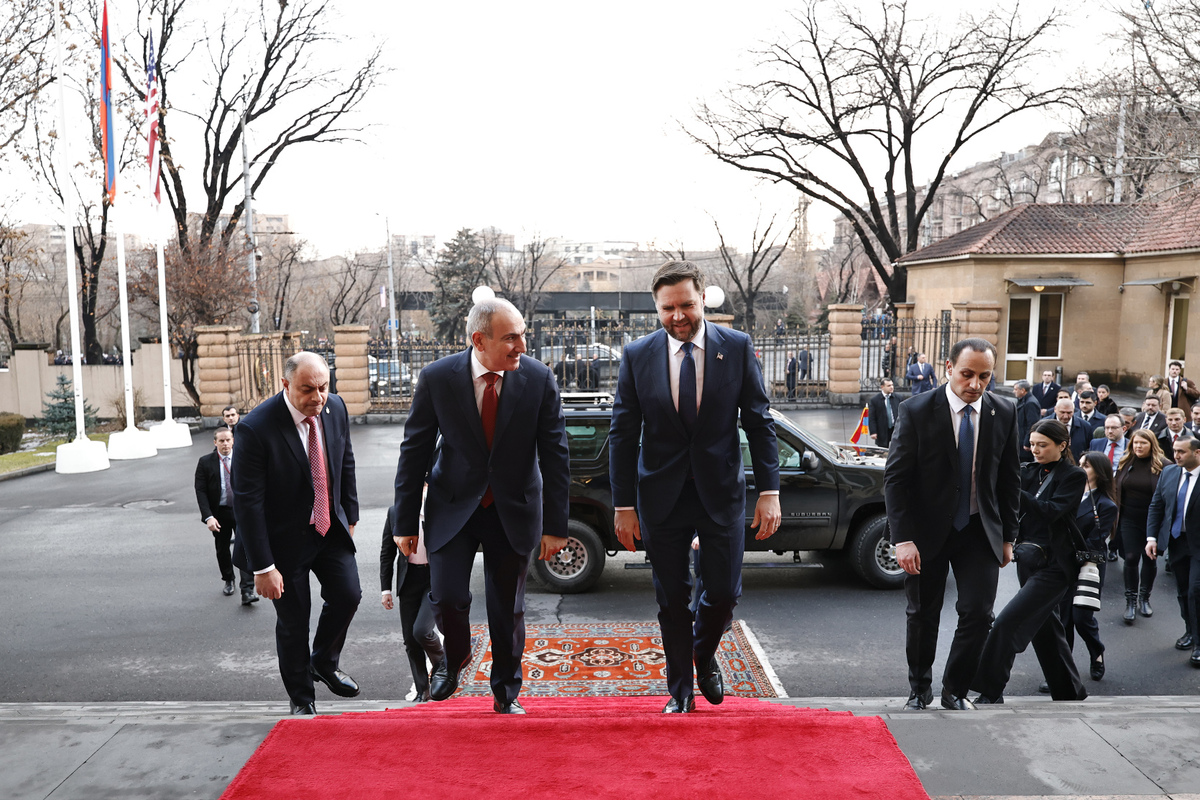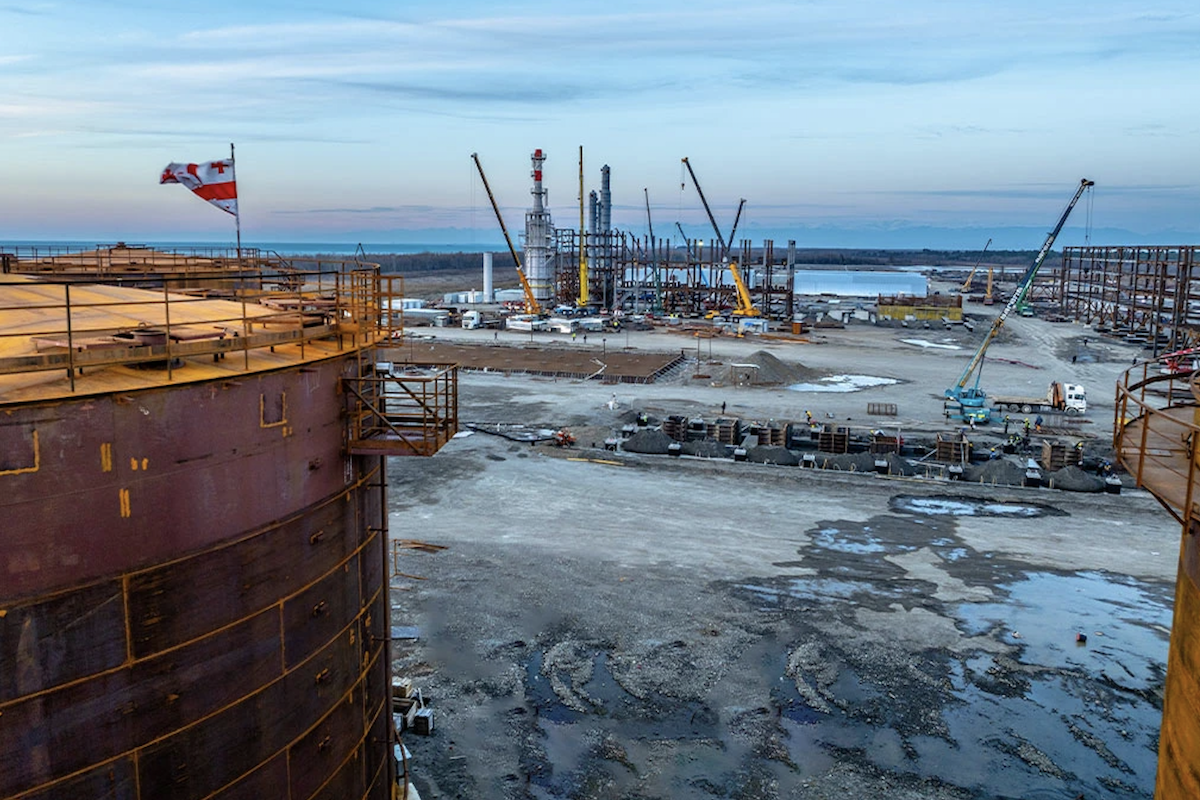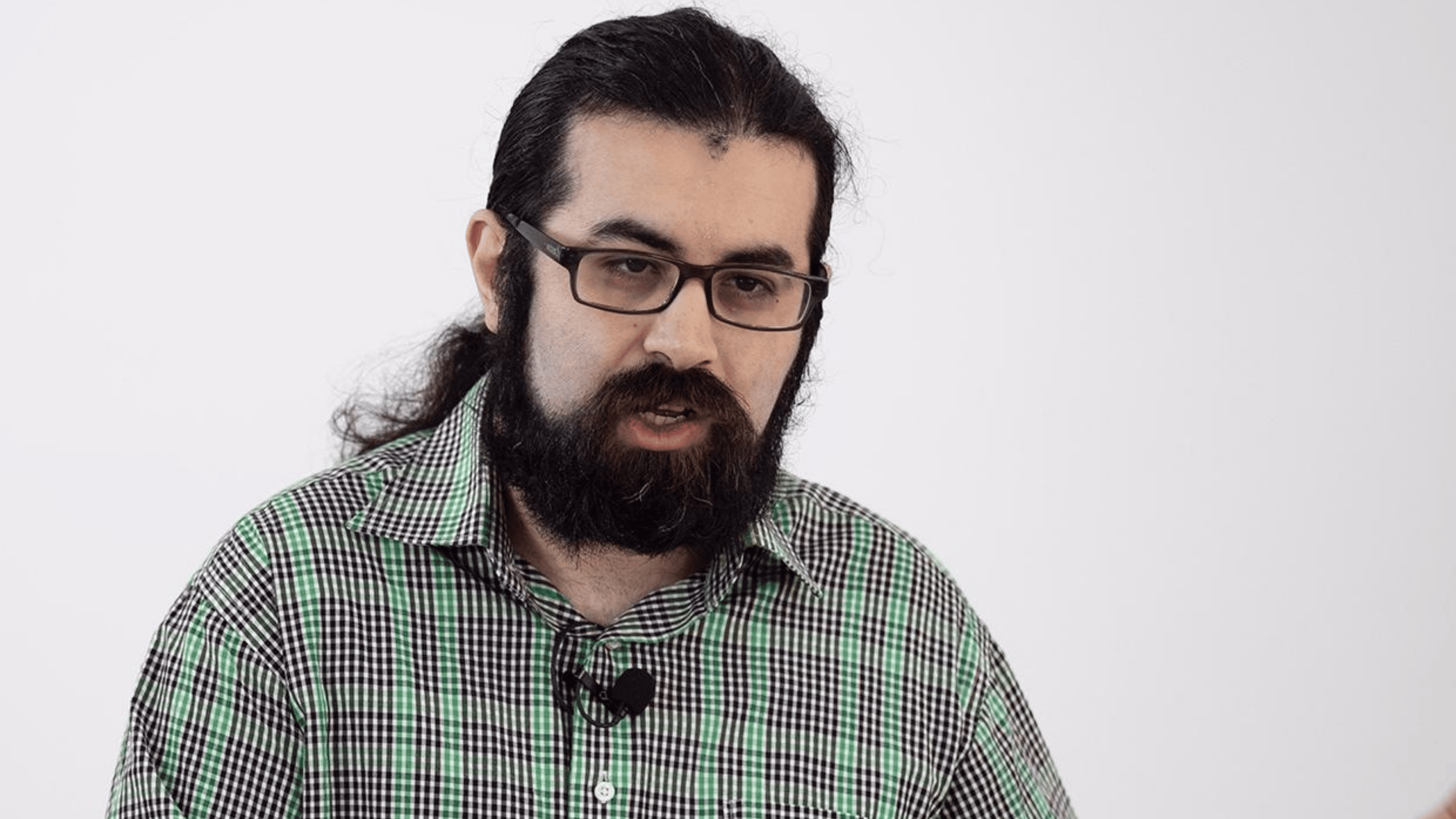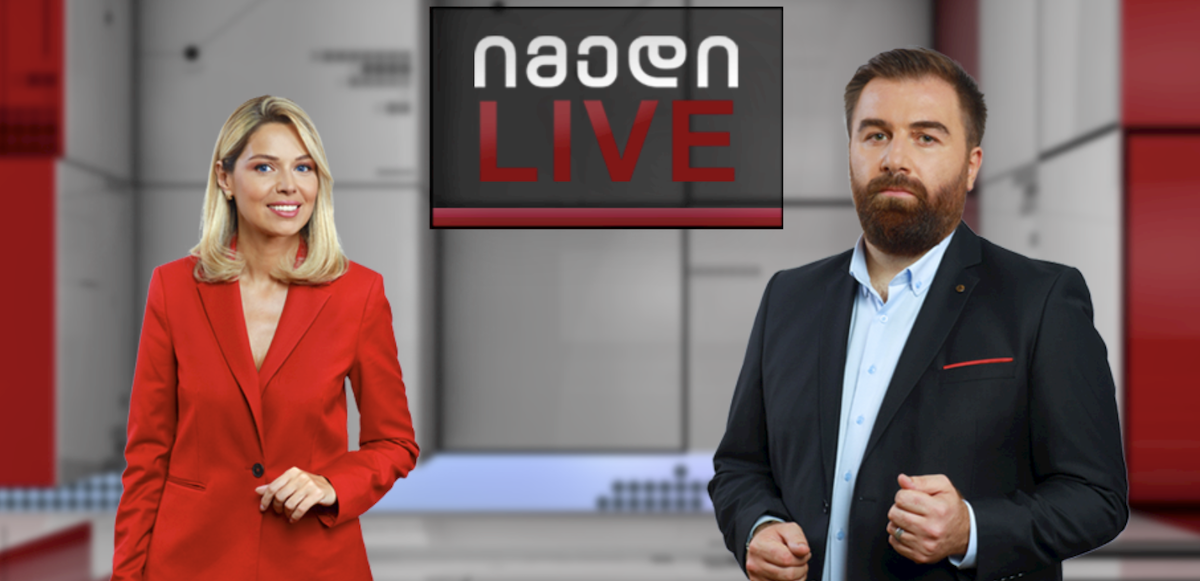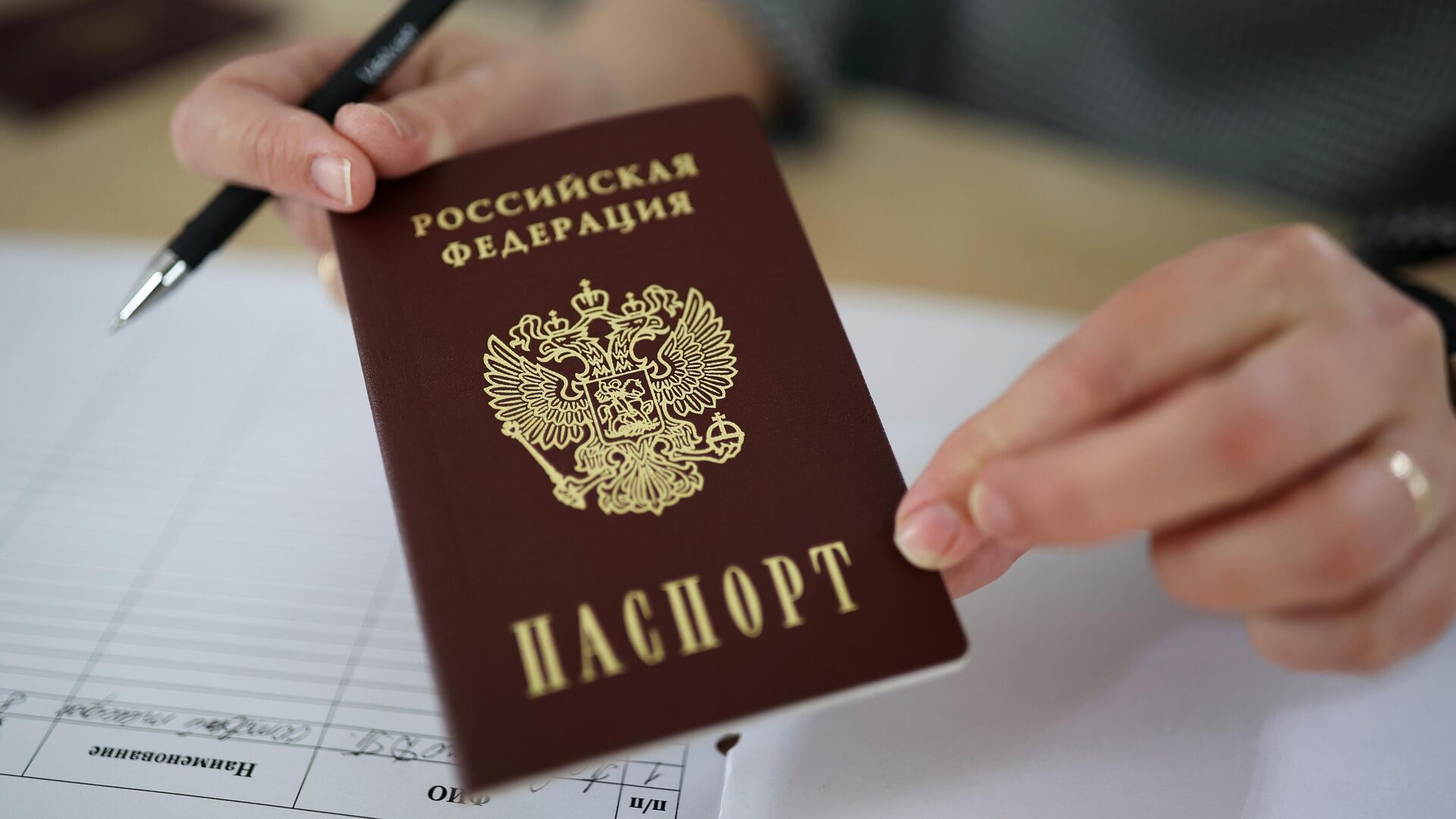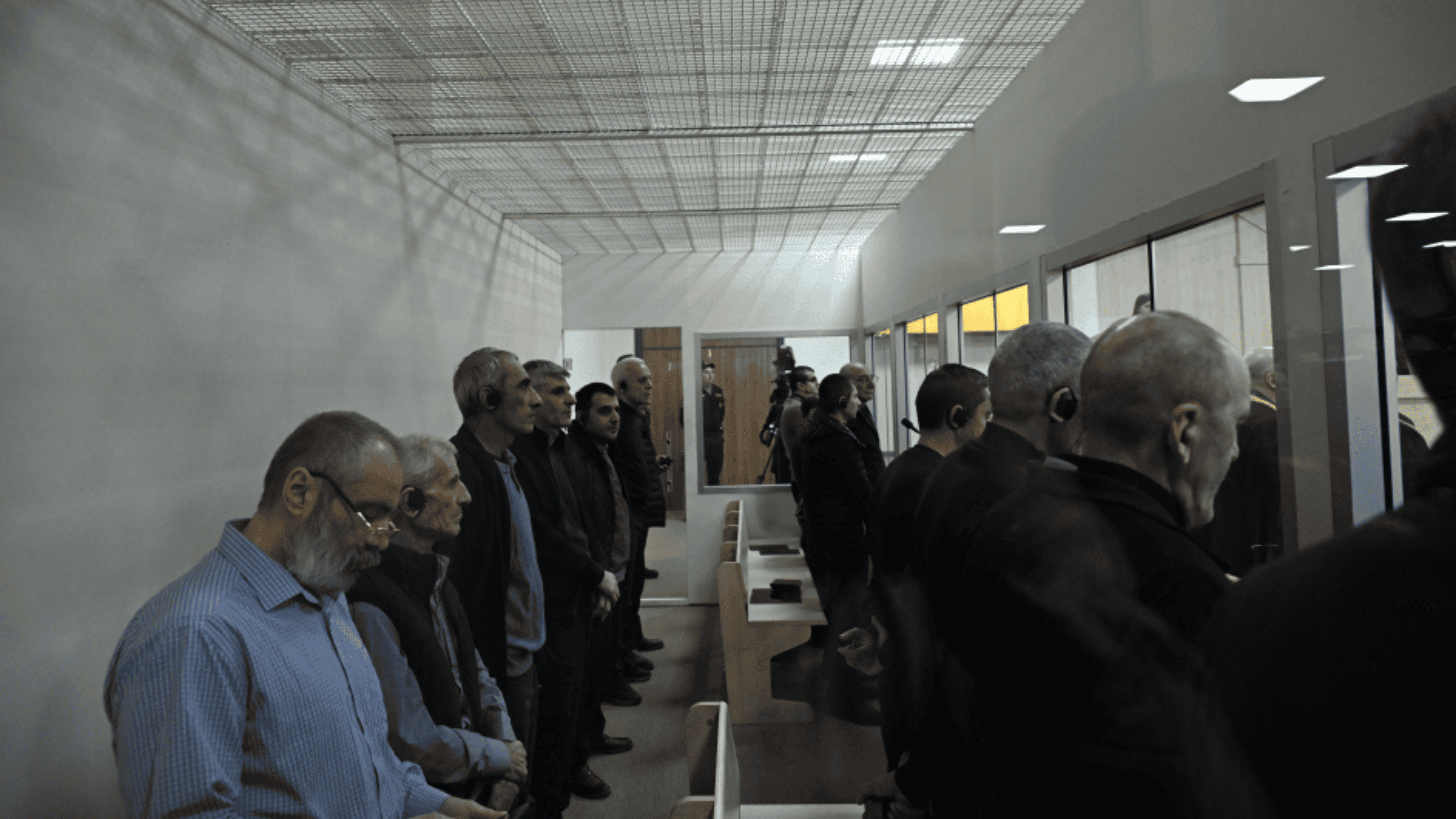Leaders of the Georgian opposition on resolving the Abkhaz and South Ossetian conflicts. Video
How to resolve the Georgian-Abkhaz conflict
The editorial team of Euronews Georgia conducted a series of quick interviews with several leaders of the Georgian opposition ahead of the critically important parliamentary elections on October 26. The main topic of discussion was the prospects for resolving the Georgian-Abkhaz and Georgian-Ossetian conflicts.
JAMnews has added English subtitles and invites you to listen to the vision and strategies offered by five opposition politicians representing parties and electoral alliances that, in all recent polls, show promise of overcoming the 5% threshold to enter the new parliament:
- Nika Gvaramia, Coalition for Change, which includes three opposition parties: Droa, Akhali, and Girchi – More Freedom.
- Teona Akubardia, opposition party “Gakharia for Georgia.”
- Giorgi Vashadze, United National Movement.
- Aleko Elisashvili, Coalition for a Strong Georgia, which includes four parties: Lelo for Georgia, For the People by Ana Dolidze, Citizens by Aleko Elisashvili, and Freedom Square by Levan Tsukhuridze.
- Yago Khvichia, opposition party “Girchi.”
Text version of the interview with politicians
Nika Gvaramia, the Coalition for Change, includes three opposition parties: Droa, Akhali, and Girchi – More Freedom
“Georgia will not engage in war; there will be no war in Georgia. There are many reasons for this, but above all, war is not the key to restoring territorial integrity. We need shared interests with Abkhaz society. Let’s be honest—neither we here nor they there see any common ground.
We must not deceive ourselves into thinking that something unites us now. Unfortunately, there isn’t. And soon, our children will forget what once connected us, as time passes and works against us. Much fades from memory, leaving only territorial integrity statements on paper.
We must urgently move in the right direction, focusing first on economic integration. The key lies in free trade and movement.
The European Union is the only foundation for building such relations.
- How the war in Abkhazia began in 1992
- What will Georgians choose: their past embodied by Abkhazia or a European future? Opinion
- Head of Gal District on challenges facing Georgians in Abkhazia, VIDEO
If Georgia becomes a member of the European Union, it will undoubtedly spark interest within the Abkhaz community to seek EU membership as well.
Of course, they can only join the EU together with us. There is no other way, as we adhere to the principle of territorial integrity.
Let me remind you of the example of Turkish Cyprus. The part of Cyprus under Turkish control held a referendum, and the people expressed their willingness to reunite and join the EU as a unified Cyprus. However, “Greek” Cyprus refused due to unresolved restitution issues.
I believe that was a mistake, but that was the choice made by the people in the referendum.
In our case, such [reunification within the EU] is entirely possible.
Consider the example of the new port in Anaklia. While this deep-water port offers great potential, the only way to maximize its capacity is by complementing it with Ochamchire [in Abkhazia].
In Abkhazia, just like here, people enjoy doing business that generates profit. It’s all about commerce. A business of the scale that the construction of this port offers will generate significant cash flow. It is inevitable that mutual interests will align—there’s no other way.
The European Union, economic interests, and shared security interests will drive integration. It’s impossible for this not to lead to purposeful cooperation.
I’m not saying the relationship will be filled with affection—that may never happen. But that’s not our primary goal.
The main objective is to rebuild a unified state and live together. In the conditions I’ve described, I believe this could happen within a decade.”
Teona Akubardia, opposition party Gakharia for Georgia:
We are working to create conditions for free movement from the occupied territories to the rest of Georgia, without restrictions. This requires several neutral documents, but currently, there are very few.
We are also collaborating with our neighbor countries on this.
After thorough discussions, documents may be developed that will allow movement under certain conditions.
We believe that vehicles with Abkhazian/Ossetian license plates should be able to move freely across Georgia.
This was possible in the past, but it is not available now. This will be part of our de-occupation strategy aimed at fostering reconciliation.
Another component is the liberalization of movement across the boundary line. The current conditions create challenges for our citizens.
A list of goods allowed for transport needs to be developed, and information about it must be shared with the citizens.
Expanding access to higher education for residents of Abkhazia and South Ossetia is also essential. We are working on this with our international partners so that they [from Abkhazia and South Ossetia] would be able to pursue education in the countries we cooperate with.
It is also important for our citizens to be able to use their educational credentials in the occupied territories, which is not currently happening.
An important opportunity would be to establish a student dormitory for students from the occupied regions, and we have a program for this as well.
At the same time, we must protect the cultural heritage of Abkhaz and Ossetian identities, while also safeguarding Georgian identity in Abkhazia and South Ossetia, where Russian presence erases all traces of Georgia.
Also, we need to create a program for studying the Georgian language, as it is not taught in schools there. We must provide this opportunity for our citizens.
Expanding access to medical services for people living in Abkhazia and South Ossetia is also an important component. We need additional resources for this, and we hope to secure them with the help of our Western partners.
This is our concrete vision.
Finally, we aim to establish services for women who have become victims of violence. They need specialized services, including reproductive health care. Increasing opportunities in the medical field is a very important component.
In summary, our two main directions are:
● Political direction: deoccupation, a policy to overcome annexation, which includes building trust.
● Humanitarian direction: specifically, initiatives that enhance individual well-being, including the socio-economic sphere and educational opportunities.
The main issues today are developing a strategy and reaching consensus on it within the political sphere and civil society, including our Western partners in this process.
Helping to move the country toward Europe is essential. Peaceful liberation from occupation creates significant opportunities for this.”
Giorgi Vashadze, United National Movement:
“The European passport is the key to territorial integrity. Everyone living in occupied territories will want to have such a passport. We must develop the country to a level where residents of these territories will want to join such a society: an independent Georgia within the European Union.
The European passport is indeed the key to this.
Let’s consider a person living in Tskhinvali or Sukhumi. They have two alternatives:
● The Russian passport, which is completely isolated worldwide and is associated with death because, forgive my expression, Russia uses Abkhaz and Ossetians as cannon fodder.
● Or the Georgian European passport, which is the most secure passport in the world and offers numerous opportunities: to receive a quality education, to find a good job, to start a successful business, to provide for their family.
This is the key to restoring territorial integrity. There is no other key to this.
Regarding internally displaced persons, we believe that their monthly assistance should be increased to 300 lari (about $110) [currently, it is 45 lari – JAMnews].
We need to give them our utmost attention. Those living in the occupied territories are observing how internally displaced persons live here. For example, a person living in Ochamchire is curious about how their former neighbor or family member is doing on the main territory of Georgia.
We need to set a good example here first to spark their interest. If they see that their neighbor has a good job, a decent income, and that the state protects and helps them, other components&
Children in these families receive a good education. They study abroad, with the help of the Erasmus fund. The children have unlimited opportunities to travel and study at any university they choose.
Then, a person living in the occupied territory will become interested and say, “I want to live like that too.”
So we must pay maximum attention to how internally displaced persons live. This will be our priority: to create interest, including for those living in the occupied territories, so they will want the same living conditions and daily opportunities that we have created for internally displaced persons in Georgia.
And the key to this is the European Union, €14 billion, and the systemic changes we need to implement.”
Aleko Elisashvili, Coalition for a Strong Georgia, includes four parties: Lelo for Georgia, For the People led by Ana Dolidze, Citizens led by Aleko Elisashvili, and Freedom Square led by Levan Tsukuridze:
“I realistically do not see a military solution to the conflicts in our territory. We should not speak of Russian methods. We need to resolve everything differently.
We are currently talking about Abkhazia and South Ossetia, which are societies of around 30,000 to 50,000 people. It is shameful to even discuss military solutions. We cannot, so to speak, tarnish our reputations.
Therefore, we see only a peaceful path forward.
Our defense forces and police must be very strong, capable of providing a response, and not as weak as they are now.
However, we must not close our eyes to what we sometimes overlook today.
In a Georgian village, Russian soldiers killed a man. Tamaz Ginturi was killed just 200 to 300 meters from his own home. And those responsible remain unpunished.
Tatunashvili was killed and returned without organs
Otkhozoria was killed right at the border crossing. And the police had neither the responsibility nor the honor to open fire, even though a murder occurred right in front of them.
The Georgian Dream portrays our law enforcement agencies as a social project. The only things that matter to them are the national security services and special forces, to crack down on the opposition and disperse people during protests. They do not consider other aspects important. They fail to see where else they should be ensuring security. They behave in a completely shameful manner.
Yes, we need to strengthen our law enforcement agencies, but not to restore territorial integrity. This is to reinforce our statehood.
Our path to the European Union is tied to the return of our lands and the people who live there.
This entire issue hinges on our integration into the European Union.
Internally displaced persons must return to their homes—this is essential. The Georgians who were expelled from Abkhazia and Samachablo must definitely return home. There can be no other discussion on this matter. There is no other opinion, and this is not a question for negotiation. These are people who were forced out of their own homes.
But we also need to acknowledge and restore justice.
We expelled many people from Ossetian villages, for example, in Kartli.
I often travel to Tetri Tskaro. There are many beautiful places where Ossetians used to live, and we drove them out of there. That is also wrong.
Everyone who wishes to return should have the opportunity to do so. But this should happen after reconciliation has been achieved. We must not allow anyone to lose their property, no matter who they are or where it is located.
There was also an Ossetian village in Pankisi, and people left from there too. In Manglisi, there were several Ossetian villages. Overall, it was a bilateral process.
We need to apologize to everyone who was expelled from their home. Wherever we are at fault, we must apologize. But many Georgians were expelled from there, and apologies are needed from them as well.
All internally displaced persons must return to their homes.”
Yago Khvichia, opposition party Girchi:
“We envision the restoration of territorial integrity only through peaceful means. We do not want these territories to be returned by force. We do not want bloodshed, which accompanies forceful returns.
We want to make a proposal to the Abkhaz and South Ossetians. A proposal on how we can meet some of their demands.
They are calling for Georgia to recognize their independence. We need to negotiate with them and present a proposal that could pave the way for Georgia’s recognition of Abkhazia.
But this will not happen overnight. And it will not happen without the return of private property to those from whom it was taken.
We are making a concrete proposal.
We would like it to be considered first within the political circles in Georgia, not in the broader society. Then we would present it. We believe we need to address certain issues through internal discussions first. We need to discuss the arguments and counterarguments.
We propose that all [internally displaced persons] return to their homes in one form or another. They should live together there for a certain period, let’s say 40 years.
A broad self-governance system will be established for them. In this system, the rights of the Abkhaz population must be protected. There should also be no complete dependence on Tbilisi in decision-making.
We don’t have to copy the current situation in Georgia, where police officers or even trainees in Samegrelo are appointed from Tbilisi, along with staff from all departments. This must change.
Strong local self-government bodies will be established. In particular, local people will choose their own sheriff, judge, and prosecutor. They will decide what to build in their territory, and many other issues.
For example, they will determine the taxes for that area. All these decisions will be made by local residents.
We will move towards peaceful coexistence.
After 40 years, those who are part of the local community will decide. If they support the idea that Abkhazia should be an independent state, we, Georgia, will recognize it.
During this time, good neighborly relations will develop, and business connections will flourish. We will build relationships such that recognition will not be a problem for Georgia, just as the existence of the Vatican is not a problem for Italy.
If there are civilized, law-based relationships, this will ultimately be the solution to the conflict through peaceful means.
But for this to happen, Georgia must become a serious country itself. We need to do much more in our country right now. If we invite anyone to live under the current conditions in Georgia, it would be seen as unserious. No one will agree to this, nor should they.
We must propose a much better system for our country than what exists in Russia. In exchange for these significantly better conditions, we should offer the displaced people the opportunity to return to their homes and ensure that property rights are addressed fairly.”










